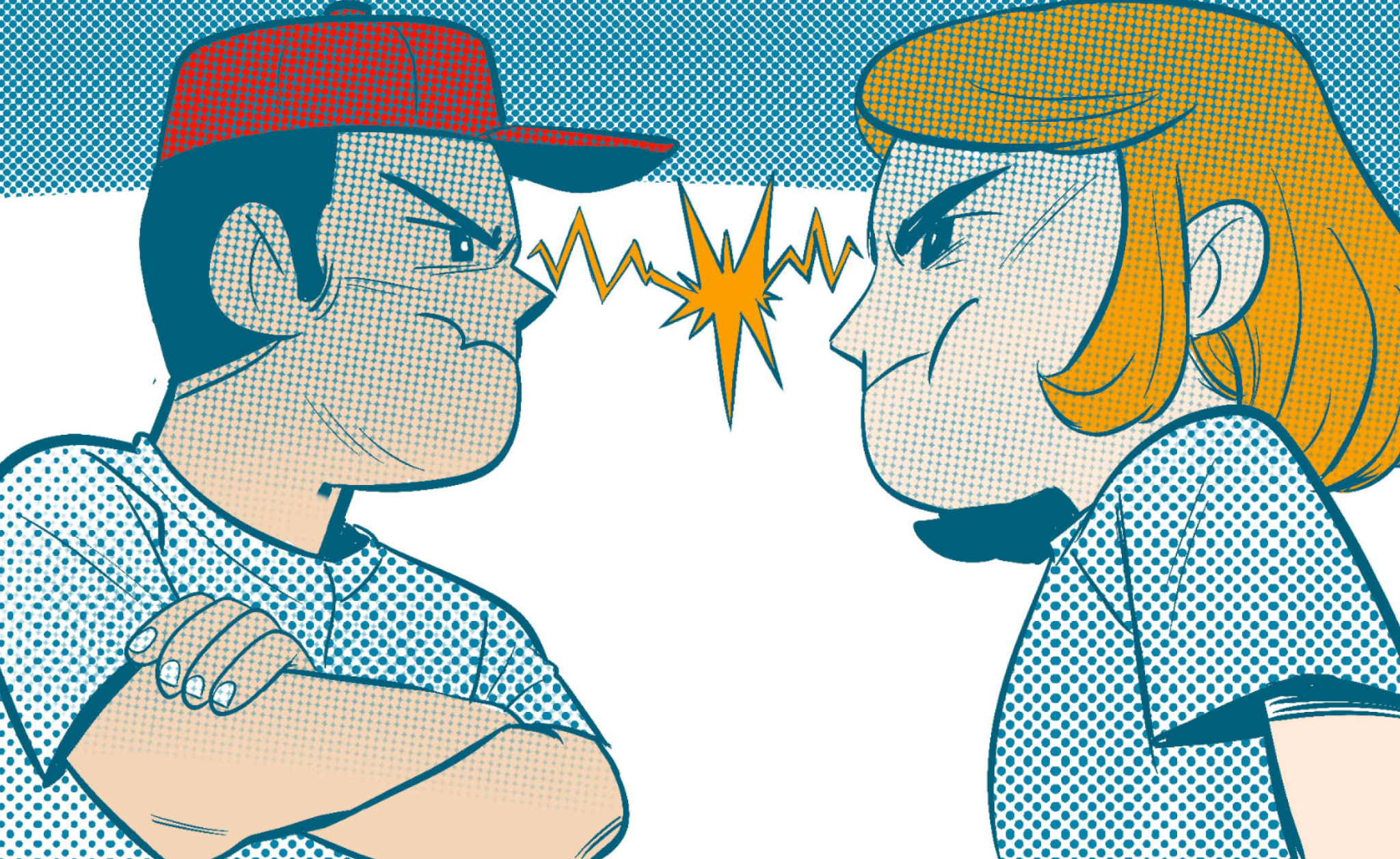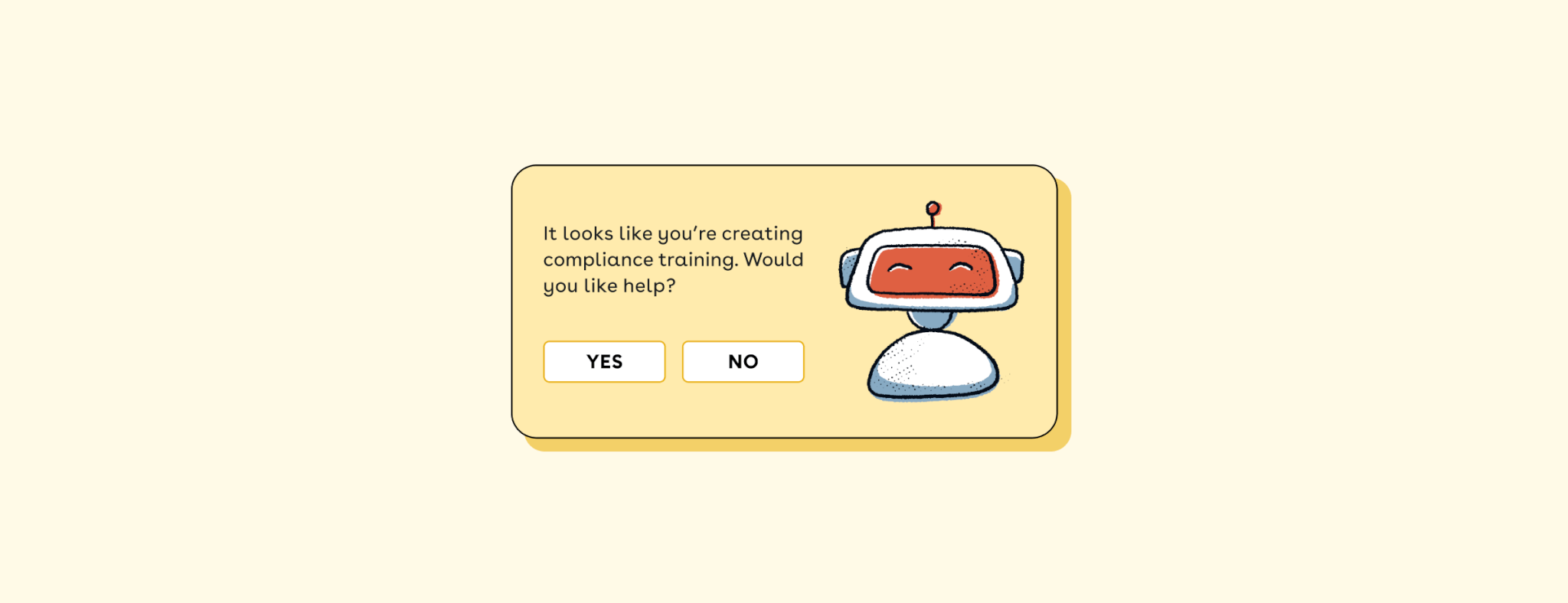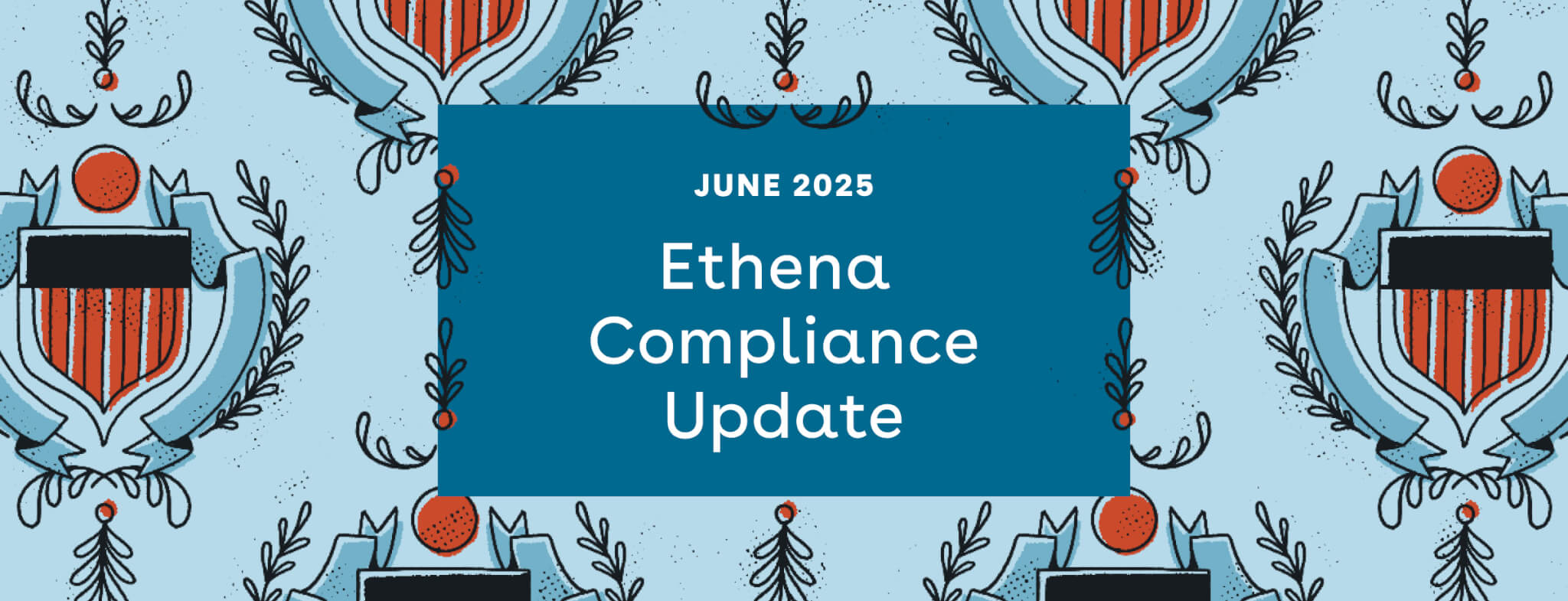Picture this: it’s your first day of sixth grade and you’ve just moved to a new school district. Or, it’s your first time dropping into the cliquey, extremely well established neighborhood book club. Or, it’s your first presentation with your new team, where no one looks like you and everyone believes that their background and expertise hold the most professional weight.
The desire to feel included never leaves us, no matter how old we are. Whether it’s panicking over which table to sit at in a new lunch room, or complaining to your work bestie about the team who won’t give your ideas a go, unfortunately there’s one roadblock preventing the inclusivity we so naturally crave: bias.
Bias is a part of life, and there’s a lot that we can attribute to bias. It helps us weigh decisions and acts as a safety mechanism, allowing us to quickly make sense of the world. And in the workplace, there are many types of bias that people experience daily. So how do we break down our tendencies in order to make our office a more hospitable, and also more profitable, workplace? It’s all about inclusion, baby.

What is diversity and inclusion training?
Inclusion training, more commonly referred to as Diversity, Equity and Inclusion (DEI) training, is corporate compliance training that provides employees with the knowledge, skills, and understanding to respect and celebrate their coworkers in an inclusive, diverse workplace.
The term Diversity, Equity and Inclusion applies to DEI initiatives that support education in:
- Self-awareness
- Understanding bias
- And respecting others in the workplace
You'll often find that inclusion and diversity are used interchangeably in workplace settings. However, inclusion focuses on accommodating and supporting people so everyone feels like they belong — and actually do! Diversity efforts support inclusion efforts (and vice versa) as they focus on supporting a diverse, well-represented workforce.
What sets great inclusion training apart?
Good DEI training will highlight which actions and language do and don’t belong in a diverse and supportive workplace. Great DEI training takes that goal and runs with it. Great training aims to help build a culture of respect, inclusion, and appreciation for each other's unique abilities and perspectives. It also provides training on the tools learners can use to address issues in their workplace, should they arise.
Great DEI training improves learners’ abilities to communicate and express needs with fairness and respect. You’ll find that great companies incorporate DEI initiatives into every part of the business — from hiring, internal communication and more.
It is important to note the differences in what sets great inclusion training apart from its merely “good” competitors.
- Studies show that Millennials are 23% more invested in their work when they believe their organization cares about creating an inclusive culture.
- Looking beyond one generation, we also know that in inclusive companies, employees are 35% more likely to outperform their competitors and 70% more likely to capture new markets.
- When DEI is at the forefront of any business, the benefits of great inclusion training help employees, profits, and growth all flourish.
Ethena’s DEI course empowers learners to consider the world around them and respond to it with intersectional awareness (also known as “culture awareness”). Different traditions, religious holidays, and societal codes influence how we judge our surroundings and the people in it. Ethena’s inclusion training educates teams on how to act and communicate with empathy and compassion towards everyone.
What does inclusion training cover?
The foundations of inclusion training create an awareness of internal and societal bias. They foster empathy and compassion within a diverse workforce. DEI course topics typically include:
- The 5 types of bias
- Bystander intervention
- Identity
- Privilege
- Microaggressions
- Intersectionality
- Disability inclusivity
- Religious inclusivity
- Racism
- Sexism
- Gender identities and sexual orientation
- Cultural sensitivity bias
How your company chooses to educate your team probably depends on state regulations, company and culture needs, and time available. At the most basic level, every inclusive workplace needs to implement awareness training. This ensures that every employee, contractor, and customer is treated with equality and respect, no matter their background or identity.
Workplaces that are the most successful at inclusion are committed to taking a deeper look at the pre-existing systems to search out the ways they are failing in representation and accommodation.
A 2023 study shows that when management listened to the diverse workforce’s needs and accommodated requests, teams reported a 63% increase in well-being, and engagement increased by 71%. Those are big numbers! Talk about something worth fighting for!
Ethena's modern diversity and inclusion training for employees
Ethena’s DEI training was designed with the modern learner in mind. Our media-rich training brings complex issues to life through thoughtful real-world examples, vivid comics, imaginative videos, and adaptive audio formats. At Ethena, we know that inclusion is important not only for a company’s culture, but also for its productivity. After all, 39% of survey respondents said they would consider leaving their current employment for a more inclusive one. An investment in comprehensive inclusion training is an investment in a happy, healthy, profitable workplace.
Ethena’s inclusion training
Our inclusion training starts off with the DEI fundamentals. We begin by educating learners about:
- Implicit bias: Also known as “unconscious bias”, this is our inclination to make assumptions about other people based on our own internalized stereotypes.
- Rising identities: Taken from Stephanie Pinder-Amaker and Lauren Wadsworth’s book, Did That Just Happen?!, this term refers to the identities of individuals who have been marginalized or actively omitted from systemic consideration in the past.
- Bystander intervention: Empowering coworkers to stand up for each other in the workplace. (A recently mandated Chicago requirement by the way!)
At Ethena, we know that learners’ (and company) time is precious, that’s why we’ve created inclusion training that really packs a punch. We make it easy for learners to complete courses when they’re most likely to - like when we enhanced our nudge on Bullying with an easy-to-digest, audio-option format. (In fact, it became our highest-rated lesson of 2021!)
We not only want to make it easy to stay engaged (and perhaps even *gasp* interested!) in compliance training, we also pride ourselves on making course content that entertains, educates, and encourages growth.
Take for example our video module, Why We Freeze, which features a portrayal of stereotyping in the workplace. Give it a watch and you too will feel the same cringey, uncomfortable feeling the characters are visibly portraying on screen. Reading about bias is one thing, but seeing it acted out? Oof, that takes “real life example” to a whole new level!
Diversity and inclusion in the workplace training that actually works
Our Diversity, Equity, & Inclusion training has a 95% approval rating from learners. With easy-to-incorporate HR software integrations, Ethena makes it simple to propel your workplace to be its most inclusive self.
But we’re not stopping there! Our bite-sized, cringe-free content is made with the modern worker in mind. Ready to give Ethena’s DEI training a try in your workplace? Request a sample. And if you’d like to learn more about how Ethena-led inclusion training can break down your team’s biases, let’s talk.









